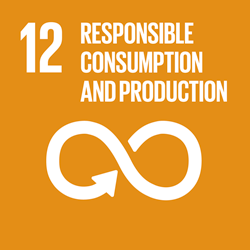Technological watch
Foliar Application of Salicylic Acid Mitigates Saline Stress on Physiology, Production, and Post-Harvest Quality of Hydroponic Japanese Cucumber
Salicylic acid (SA) is a phenolic compound capable of inducing physiological and metabolic changes that enhance the tolerance of plants to saline stress associated with using a hydroponic system and enable the use of saline water in semi-arid regions. In this context, this assay aimed to evaluate the impact of the foliar application of SA on mitigating salt stress effects on Japanese cucumber cultivated in a hydroponic system. The experiment was carried out in a protected ambient (greenhouse), using the Nutrient Film Technique—NFT hydroponic system. A completely randomized design was performed in a 4 × 4 split-plot scheme, with four levels of electrical conductivity of the nutrient solution—ECns (2.1, 3.6, 5.1, and 6.6 dS m−1)—considered as plots and four SA concentrations (0, 1.8, 3.6, and 5.4 mM), regarded as subplots, with four replicates and two plants per plot. An increase in the ECns negatively affected the physiology, production components, and post-harvest quality of cucumber. However, the application of SA to leaves at concentrations between 1.4 and 2.0 mM reduced the deleterious effects of saline stress and promoted an increase in the production of and improvement in the post-harvest quality of cucumber fruits.
Publication date: 08/02/2023
Author: Valeska Karolini Nunes Oliveira
Reference: doi: 10.3390/agriculture13020395






